Now hiring: PhD position in benthic carbon and nutrient cycling following resuspension
Now hiring: PhD position in benthic carbon and nutrient cycling following sediment resuspension
Description of the PhD position
At the Department of Biology, SDU, we are pleased to announce a fully-funded PhD position to investigate how sediment movement within the ocean impacts benthic carbon and nutrient cycling. Sediment resuspension, turbidity currents, and mass wasting events are major transport pathways of sediments and associated constituents. Climate change is expected to increase the frequency and the intensity of sediment movement, altering ocean carbon and nutrient budgets. However, the sporadic nature of sediment fluxes makes it difficult to obtain a comprehensive understanding of its ecosystem impacts using conventional measurement techniques.
In this project, the candidate will investigate marine benthic carbon and nutrient cycling using novel Lab-on-Chip sensors. Lab-on-Chip sensors are miniaturized versions of traditional laboratory benchtop systems that perform automated measurements of carbon and nutrients. This exciting technology opens up many new avenues for ocean research. Through a series of field and laboratory experiments, the candidate will explore dynamics of carbon and nutrient cycling on the seafloor, from shallow coastal zones to deep ocean trenches. We are particularly interested in exploring the roles of resuspension events induced by storms, turbidity flows and other intermittent events important to mobilize and transform organic carbon and nutrients.
This position is jointly funded by the Department of Biology, the HADAL Center, and the Danish Institute for Advanced Study. The candidate is expected to work closely with a dedicated team of technicians and scientists to integrate, test, and apply the new sensor systems. Specific tasks may include but are not limited to: quantification of biogeochemical fluxes using in situ and laboratory techniques, sediment solid phase and porewater analysis, quantifying sediment chronology, dynamic modelling of ecosystem processes, scientific writing and outreach. Training will be provided in all aspects of this work.
The ideal candidate should have strong analytical skills, should be passionate about fieldwork, should be willing to work at sea onboard research vessels, and should be able to work independently and as part of a team. The candidate is expected to engage with multidisciplinary research groups including HADAL and Nordcee at the Department of Biology, the Danish Institute for Advanced Study, and with international collaborators. A background in biogeochemistry, marine science, environmental chemistry, or a related discipline is desired.
What we offer: The PhD student will join a vibrant, diverse, and international group of scientists at Nordcee and at the HADAL Center. The PhD programme at SDU is an extensive programme aimed at personal and professional development. PhD fellows will have opportunities to teach and to co-advise students, to undertake international courses and to spend time abroad at another leading laboratory.
The application deadline is November 15th 2021, with a flexible start date in early 2022.
For questions or other inquiries, please contact Assistant Professor Karl Attard (Karl.attard(at)biology.sdu.dk) or Professor Ronnie N. Glud (rnglud(at)biology.sdu.dk).


